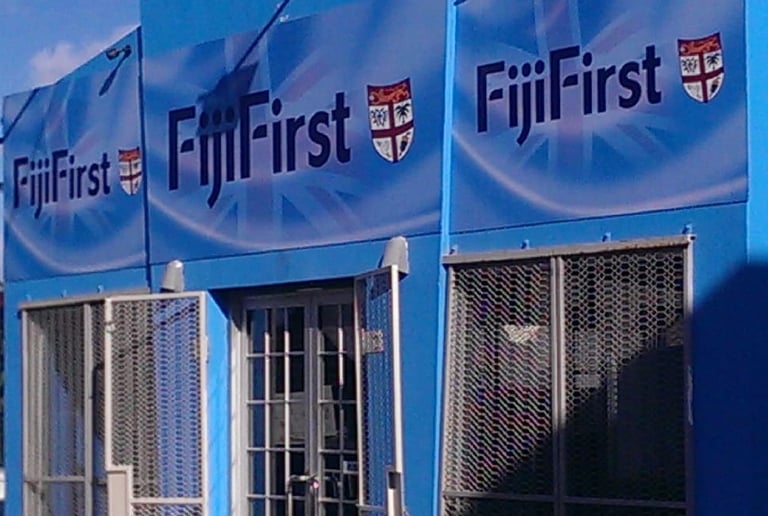The Return of FijiFirst? A New Political Force Emerges
FIJI NEWS


The Fijian Elections Office (FEO) recently released a list of reserved party names, and one name immediately set political circles abuzz—"Fijians First."
Speculation is running rampant that this could be the latest political movement linked to the former FijiFirst leadership, the once-dominant party that was deregistered in a dramatic series of events. If these rumors prove true, Fiji’s political landscape is about to face a major shake-up ahead of the 2026 General Election.
The largest coalition party, People’s Alliance Party (PAP), led by Prime Minister Sitiveni Rabuka, could now find itself in a tough battle.
Many Fijians have grown frustrated over pressing national issues, including the rising cost of living, crime, and the struggling healthcare system.
The opposition has often criticized the government for failing to communicate effectively with the public on these challenges, leaving a potential opening for a reinvigorated political force.
If Fijians First turns out to be a revival of FijiFirst under a new banner, it could spell trouble for the coalition government, which currently consists of PAP, the National Federation Party (NFP), and SODELPA. With FijiFirst’s previous electoral strength and loyal voter base, a comeback could significantly impact the 2026 electoral landscape.
The deregistration of FijiFirst remains one of the most shocking political developments in recent history. It stemmed from an internal rebellion when former Prime Minister Voreqe Bainimarama—then the Leader of the party—ordered his MPs to vote against a motion to increase ministerial salaries.
Instead, the majority of opposition MPs defied his directive, with some, like Rinesh Sharma and Ketan Lal, abstaining from voting.
The motion passed, leading to deep divisions within the party. This marked the beginning of the end for FijiFirst as an official party, with the split in opposition ultimately resulting in its deregistration.
Bainimarama himself faced a three-year suspension from Parliament following an investigation by the Privileges Committee, which included Attorney-General Siromi Turaga and Opposition MP Lynda Tabuya.
The committee ruled that Bainimarama had breached parliamentary rules, suspended him for three years, eventually leading to his resignation.
Bainimarama remains the most popular individual candidate in Fiji's history, and although he can't quite run himself, any party he's involved in will most certainly be a force to be reckoned with.
Bainimarama’s past leadership remains influential, and if he or his allies are behind this new movement, it could signal a dramatic political comeback.
For now, the government will have to prove itself to voters by addressing public concerns more effectively, while the opposition—whether in its current form or under a new banner—will be watching closely.
The road to 2026 just got a lot more interesting.